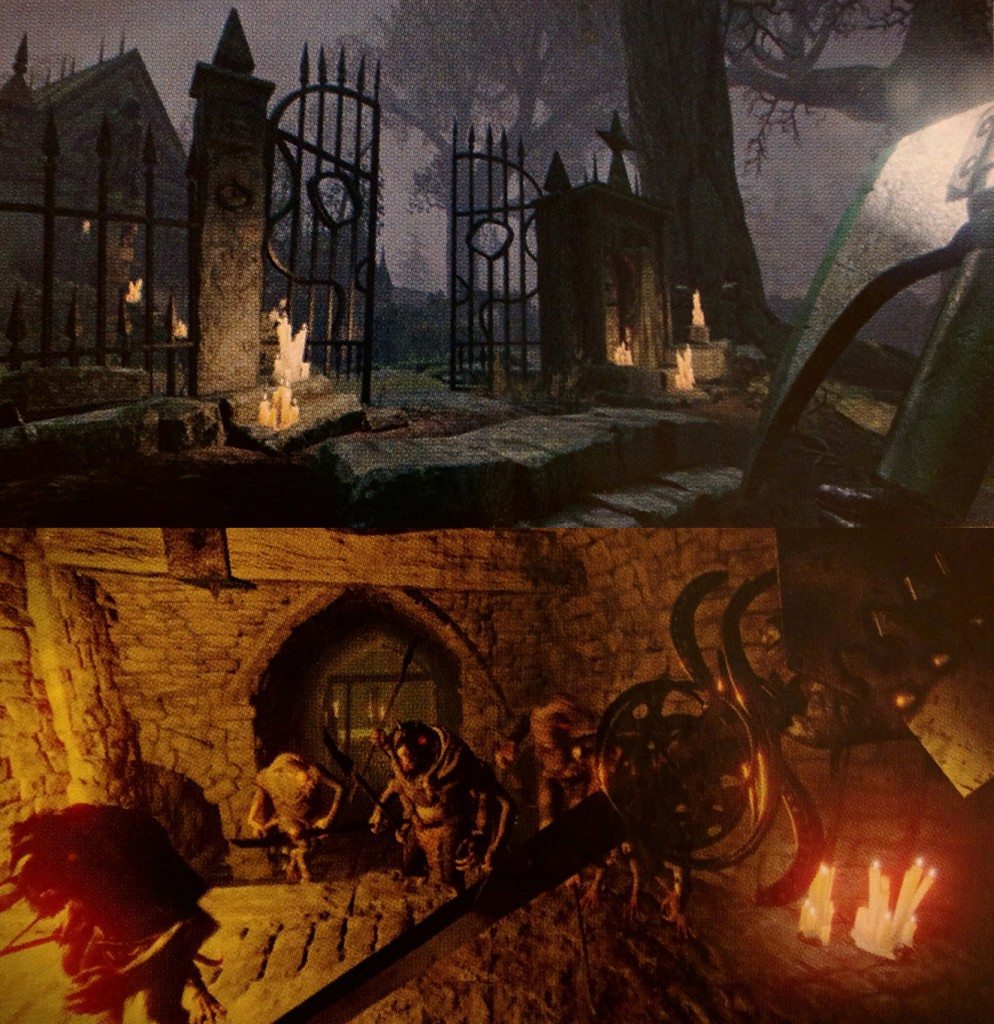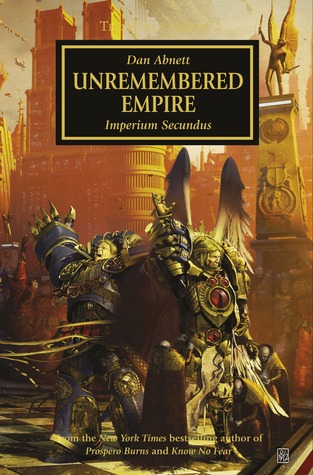
Hi All,
Welcome back to our final portion of this series. For this article we will complete the analysis of Games Workshop going mainstream through emphasizing their IP. The other parts of this analysis can be found here:
Opportunities:

In many ways this part of the analysis is the most favorable towards their IP. As Games Workshop has already shown they are very willing to explore utilizing their IP in a variety of ways. In the past month we have seen them embrace a partnership with Wizards of the Coast as well as bring on the creators of the Astartes series. I believe that this has been a focus Games Workshop has embraced over the past several years. With the explosion of independent board games, as well as the expanded book series aimed at younger audience members, there are more pathways into the gaming universes. I think this is one of the reasons they have been reviving specialist games such as Necromunda and Bloodbowl. Aside pleasing fans of the old games, they also provide unique experiences that may draw newcomers into the wider world of tabletop games. Beyond the physical games, Games Workshop has also been utilizing their IP to dive into the world of video games. Through partnerships with existing franchises such as the Total War games, and new franchises like the Vermintide series there have been an ever-increasing number of quality games to hook you on the lore. While this has not been a smooth process (some of the games are decidedly better than others) Games Workshop has been making progress in adapting it’s various IPs into popular titles.

One of the most interesting areas to watch is GW’s foray into films and shows. If anyone remembers the Ultramarines film from several years ago, there is a significant reason to be cautious. However, the early trailers do provide some room for optimism. I think going the route of animation will likely benefit GW as their fantastic settings will be easier (and cheaper) to adapt. While many of us would love to see a big-budget sprawling series (like game of thrones), the risks are apparent. There are far more examples of mediocre or terrible adaptations then successful ones.
Threats:

Overall many of the things I discussed in the weaknesses section apply in the “threats” category. If they do not hedge their satire appropriately there is the risk of individuals latching on to some faction’s ideology in an unironic manner. Current western culture is very sensitive to portrayals of religious dictatorships and there are many pitfalls GW could walk into and accidentally offend. Other major threats right now come from the omnipresence of the black-eared media rodent. While the Marvel and Star Wars universes take up a lot of oxygen and space (no pun intended) in the sci fi world they have created a public that is more accepting of sci-fi and fantasy stories. There is some risk that at a certain point people will tire of these settings and look for something else, but that doesn’t appear to be happening anytime soon. Perhaps the biggest threat to GW’s going mainstream through it’s IP is that it diverts resources from it’s current strengths (the models, tabletop games, books etc.) and fritters it away on products that are unsuccessful and/or poorly done. My marketing professor at college had a favorite saying “Lose your focus, lose your shirt” and would frequently reference other companies that lose focus on what they did well in pursuit of some other goal (see: Levi’s ill-fated venture into business suits).
Summation:

Wow what a ride, I originally planned this series to be two articles but got a little carried away. All told I think it has been interesting to try and play out various scenarios and situations. Admittedly the most likely path towards mainstream relevance for GW will involve both the Tabletop and IP systems. They are inextricable bound and symbiotically work together (when done well) to drive GW’s success. Going forward I would say that working to market Games Workshop’s IP through partnerships with other successful companies (like the Marvel comics and Wizards of the Coast trading cards) will bear the most fruit. As a commenter on a previous article brought up, the wideness of the setting is appealing to newcomers while the depth is appealing to the veterans. I think this person really hit on something. One of the things that makes the Games Workshop lien of products so compelling is that it provides a concrete way for people to write their own corner of the story. Other worlds can do this too through video games or role-playing books but they are either so broad (such as Dungeons and dragons) or so rigid like (Lord of the Rings or Star Wars) compared to the Warhammer 40k or Age of Sigmar narratives.
Going forward it is exciting to think about how the various Games Workshop products and stories will be seen more widely. I think they have been doing a decent job of cultivating and expanding their relevance and it’s not as crazy as it once was to think about them ascending to the pantheon of famous fictional settings.
And remember, Frontline Gaming sells gaming products at a discount, every day in their webcart!




A lot of words that say …. nothing.
If you intended to look at how GW can attract more gamers why miss out where they started? (making models for other games and selling others games)
Why miss out the “starter games” sold in Barnes and Noble in the USA and Game in the UK?
Why ignore LotR ? Six movies all backed by games and models. For twenty years, that’s been a constant supply of finance and pride for GW.
Why ignore the Warhammer World in Nottingham and the Citadel in Texas ?
Why ignore how others are ignoring GW’s IP and doing their own thing – whether it’s low quality podcasts (most of them) or making files for 3D printing ?
Serious question Rob: Do you work for GW?
At least he didn’t complain about the Tau winning a couple of tournaments two years ago.